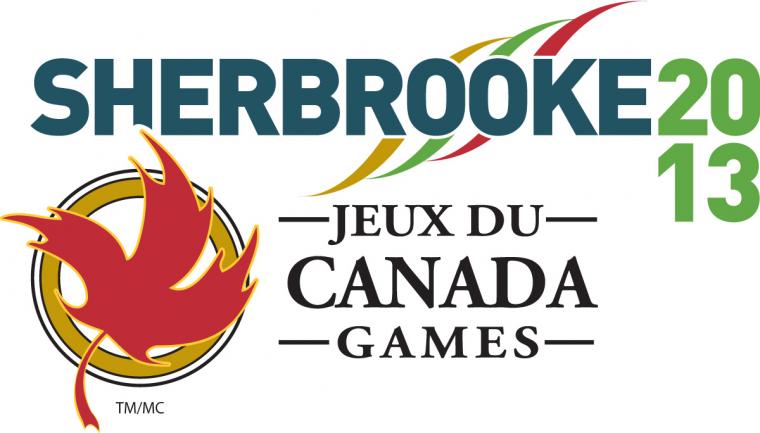
Sherbrooke, Quebec will take center stage to welcome the country’s best young developing athletes from August 2 - 17, 2013 for the 2013 Canada Summer Games.
The next generation of national and international champions will compete in 17 selected sports representing the best that their province or territory has to offer. Visit the 2013 Canada Games website http://www.jeuxducanada2013.ca/enHeld every two years, alternating between summer and winter, the Canada Games are a key event in the development of Canada’s young athletes.
As the best in their age group, these young competitors come to the Games having trained long and hard to be among those chosen to represent their respective province or territory and compete for the Canada Games Flag and Centennial Cup. With the Canada Games poised as a key step in the development of Canada’s future stars, Canada Games athletes are Canada’s next generation national, international and Olympic champions.
The Canada Games Council has selected the following sports for the programs of the 2013 Canada Summer Games:
Athletics (including athletes with a physical and intellectual disability)
Baseball (Male only)
Basketball
Canoeing (Flat Water Racing, includes Canoe & Kayak)
Cycling (Road and Mountain bike)
Diving
Fencing
Golf
Rowing
Soccer
Softball (Female Only)
Swimming (including athletes with a physical and intellectual disability)
Tennis
Triathlon
Volleyball (Indoor and Beach)
Wrestling
Sailing (includes athletes with a physical and intellectual disability)
Canada Games Facts:
The Canada Games are the largest national multi-sport event for young athletes,
They are held every two years alternating between summer and winter,
Sports are selected to a particular Canada Games program approximately five years in advance of the Games,
- The Canada Games Council sends a call for applications with a detailed sport selection process,
- The sport selection process includes minimum eligibility criteria, including a requirement for at least nine affiliated provincial or territorial sport organizations and a level 3 technical program under the National Coaching Certification Program.
- Economic Impacts: Economic impacts surrounding the Canada Games begin with the pre-bid preparation, continue on through the construction phase and pre-Games test events and culminates with the staging of the actual event.
- 2011 Canada Winter Games: Total economic activity generated in the Province of Nova Scotia was $131 million, the combined capital, operations, and visitor expenditures directly associated with the Games totalled $58.3 million, overall, 1,112 jobs were supported throughout the province by hosting the Canada Winter Games.
- Held every two years, alternating between summer and winter, the Canada Games are a key event in the development of Canada’s young athletes. As the best in their age group, these young competitors come to the Games having trained long and hard to be among those chosen to represent their respective province or territory and compete for the Canada Games Flag and Centennial Cup. With the Canada Games poised as a key step in the development of Canada’s future stars, Canada Games athletes are Canada’s next generation national, international and Olympic champions.
The Canada Games and their lasting legacies continue to be the catalyst for the growth of sport and recreation across the country.
In the forty-four year history of the Canada Games new and existing sports venues have benefited from capital improvements because of the opportunity to host a Canada Games. From arenas to pools, fields to courts, close to 500 venues in total have been upgraded to national standards through the Canada Games resulting in the availability of quality venues to host other provincial, national or international events.
The Canada Games name lives on with stadiums and complexes (Charlottetown, Summerside 2009), Aquatic Centres (Saint John 1985, Kamloops, 1993), and Canada Games Centres (Corner Brook 1999, London 2001, Whitehorse 2007, and Halifax 2011), and a legacy of sports facilities has been built from coast to coast. Cumulatively, over $250 million has been invested in the Canada Games; about half of it in capital projects in the various host communities. From individual sport fields-of-play to multi-sport complexes, infrastructure upgrades have represented legacies that have become community centers and landmarks within the municipalities.
The Canada Games, a celebration of youth, sport, culture and community, are the product of ongoing collaboration between the Government of Canada, provincial/territorial governments, host municipalities, the private sector and the Canada Games Council.

There are no comments
Please login to post comments